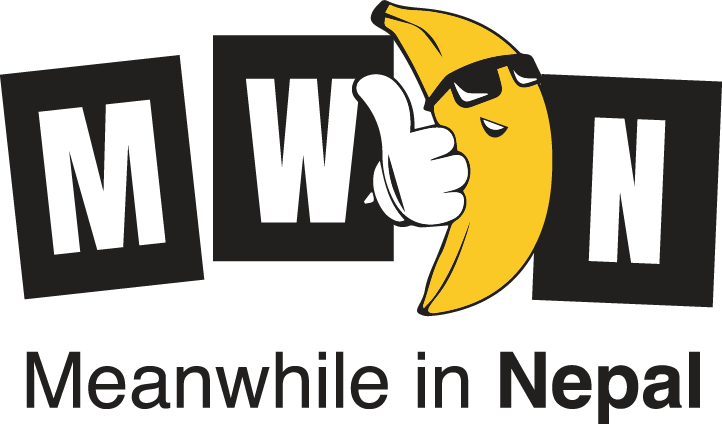Share the post "Where Did Momo Come From? Exploring the History of Nepal’s Most Popular Food"
The momo, a steaming pocket of savory bliss, is a cornerstone of Nepali cuisine and a beloved street food around the world. Momo to Nepali is what Pizza is to Italy. But where did this iconic dumpling first appear? Its true origin is shrouded in delicious ambiguity, with two main stories vying for top billing:
All the way from Tibet?
Many believe the momo embarked on its flavorful journey from neighboring Tibet. Originally a festive treat made with yak or lamb, it crossed the border thanks to Newa merchants who traded with Lhasa. They brought the concept back, but with a Nepali twist, swapping yak for buffalo and amping up the spices, making it a hit in the Kathmandu Valley.
A less concrete, but more romantic tale, involves a Nepali princess married to a Tibetan king. Legend has it that she introduced momos to the Tibet.
Regardless of its precise birthplace, the momo’s rise to stardom in Nepal can not be matched by any other food. There are many factors that contributed it to become the most popular food in Nepal.
Affordable and filling, the momo became a readily available snack and even a full meal, appealing to all pockets. From classic buff (buffalo) to vegetarian delights, momos cater to diverse palates, with spice levels adjusting to individual preferences.
Sharing momos with friends and family is a cherished tradition, making them a staple at gatherings and celebrations, fostering community and connection. As Nepalis migrated around the world, they brought their love for momos with them, introducing it to new audiences and adapting it to local ingredients, further spreading its delicious reign.
Today, the momo stands as a proud representative of Nepali cuisine, enjoyed in countless variations across the globe. While its origin might remain a delightful mystery, the momo’s journey from humble beginnings to global phenomenon is a testament to its irresistible taste and cultural significance.








Comments